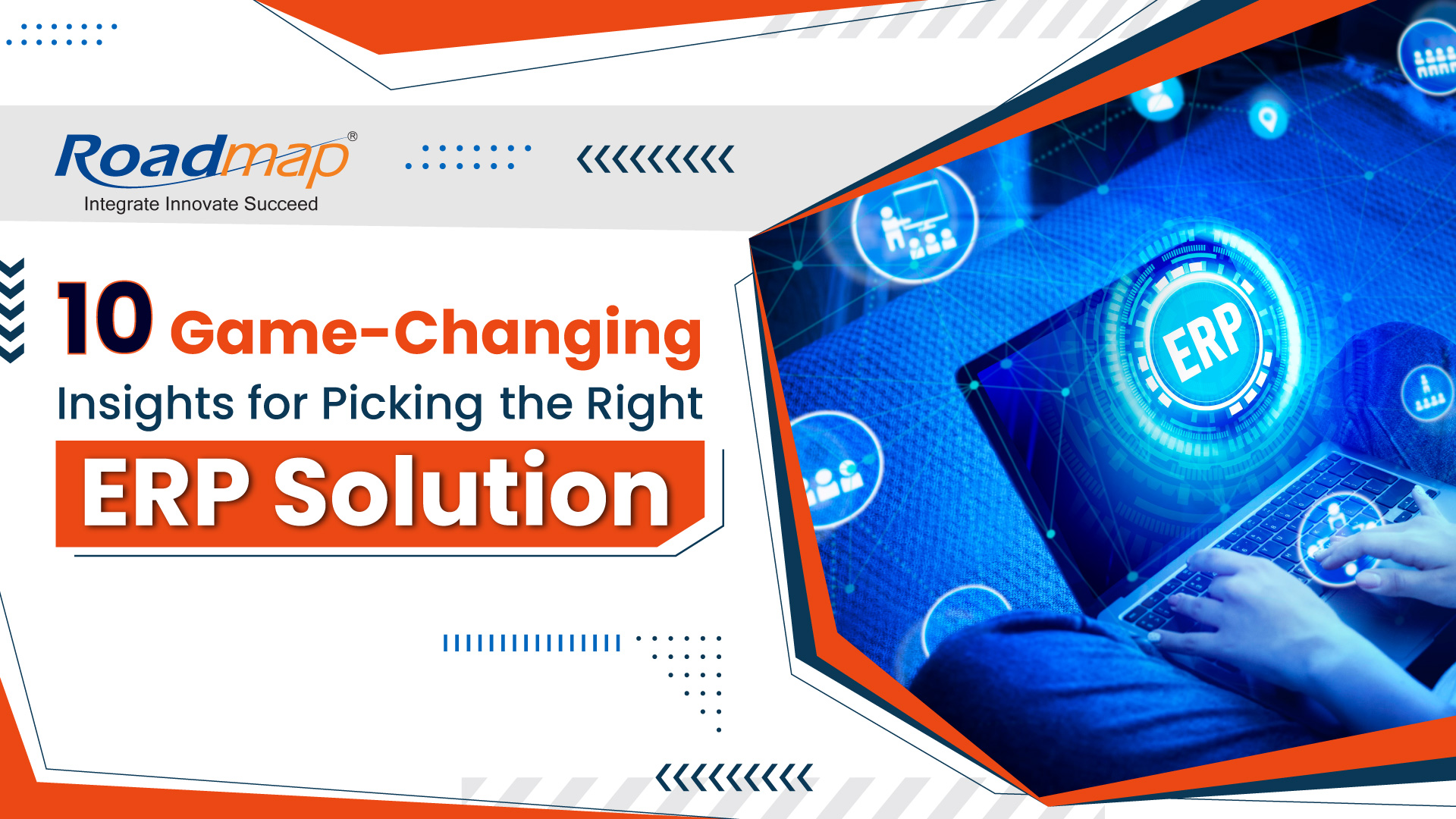
- Julius Rassou
- 09-Mar-2018 11:38:29
How to Avoid ERP Implementation Failure?
Implementation of ERP
is a positive move involving a major investment factor. If an implementation
failure were to occur, it shall certainly prove to be a telling cost liability
for both the company as well as the ERP vendor. So it is imperative for a Company
aspiring to implement an ERP to conduct, by itself or through a proven
consultant, a self-analysis to:
1. Ratify the technical competency and
mindset of its staffers to be trained to get adapted to an ERP system; and
2. Know if its current data resources
would be strong enough to support and feed the implementation of an ERP.
If the inference for
any one of the purposes of the self-analysis is negative, then it is best that
the Company postpones the ERP implementation to an appropriate time. In the
event of a positive report from the analysis, the factor that lies next in
order is deciding on the most amicable vendor with the best ERP solution that
would perfectly synch with the Company's workflow. This decision, once again,
can be made by the Company itself if it is technically capable, and if not,
through a proven consultant.
Upon choosing an ERP
vendor, a CRP (Conference Room Pilot) document should be prepared to fix the
scope of the Implementation with absolute clarity on the limits and liabilities
of both the client and the vendor. The following are the key points that should
be sequentially addressed and determined by the CRP for the pre-implementation,
implementation, and post-implementation scenarios:
i) The maximum range of customization should not exceed 20 to 30 percentages, implying that at least 70% of the workflow should be readily fit by the solution.
ii) The
Company should appoint a technically sound steering committee with a
single decision-maker with absolute power to make uncontested decisions.
iii) This
steering committee will supervise the implementation in an unbiased manner
from the CRP's perspective.
iv) The
staff/consultants appointed by the Company should have absolute domain
knowledge.
v) The
company should be at liberty to interview the vendor's team and assess
their industry-specific expertise and technical prowess.
vi) The
feasibility of the Project's timeline should be adjudged against the
business process requirements of the Company and fixed appropriately.
vii) The
company should address Change Management by handling employee resistance
and educating the Users.
viii)The
focus of the implementation should be on the core business processes only.
Stressing on customizations for fancy and trivial needs will certainly mar
the purpose of the implementation.
ix) Periodical
(at least once in 15 days) team meetings involving the core teams of the
company and the vendor should be conducted and all issues are to be
sorted, clarified, and resolved during these sessions.
x) Post-implementation,
no parallel system should be run along with the implemented ERP. Doing so
would ruin the entire accomplishment.
xi) The
set business process should not be altered after implementation else the
new inclusions would go out of scope and throw the existing system out of
alignment.
xii) Post-implementation
the acquired knowledge should be extended appropriately to ensure the break-free
maintenance of the chain of knowledge sharing.




